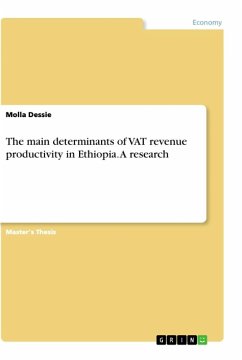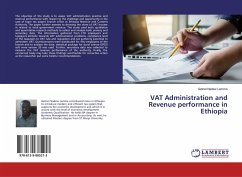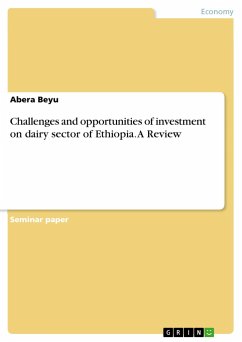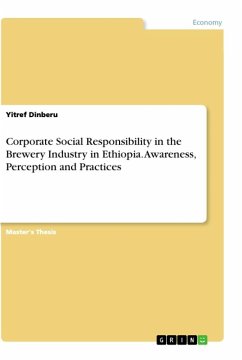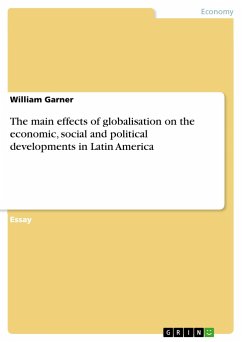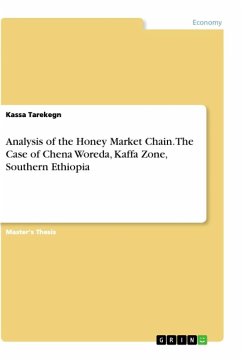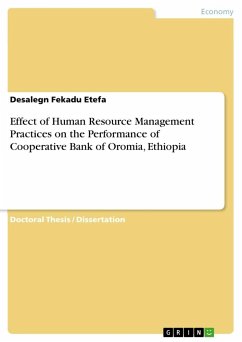Master's Thesis from the year 2018 in the subject Business economics - Trade and Distribution, , course: Economics, language: English, abstract: The prime objective of this study is to investigate the main determinants of VAT revenue productivity in Ethiopia. In order to address this main objective we focused on the following specific objectives.VAT is one of the indirect taxes levied on consumption where the value of goods and services increases as they charge hands in course of production, distribution and final sales to the consumer. Ethiopia has implemented the Value Added Tax in January, 2003 primarily to raise more revenue, modernizing its tax administration and encourage investment and trades. The Ethiopian Customs and Revenue Authority (ERCA takes the responsibility), and is facing with a substantial problem of VAT revenue collections efficiency. So in this study, the efficiency of VAT over time and determinants of productivity of VAT in Ethiopia at macro level from 2003-2016 has been given focus. To achieve this objective, the researcher used quantitative research designs using secondary data from the data sources (i.e. ERCA, NBE, and WB). Some statistical graphs, tables and percent are used, and also Autoregressive Distributed Lag (ARDL) Approach model is applied in order to investigate the long-run effect of determinants of productivity of VAT revenue. The study concludes that productivity of VAT in Ethiopia is less efficient over time which is 18% on average and, very responsive to changes in its determinants (specifically GDPcG, inflation, import, population, and corruption). So this investigation provides decision makers with an analytical framework which can be used to estimate the associated VAT revenues productivities in Ethiopia.
Hinweis: Dieser Artikel kann nur an eine deutsche Lieferadresse ausgeliefert werden.
Hinweis: Dieser Artikel kann nur an eine deutsche Lieferadresse ausgeliefert werden.

